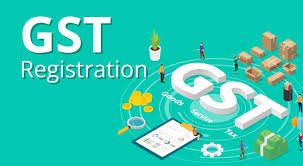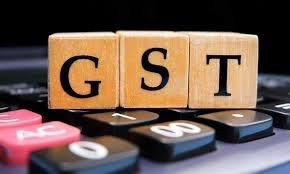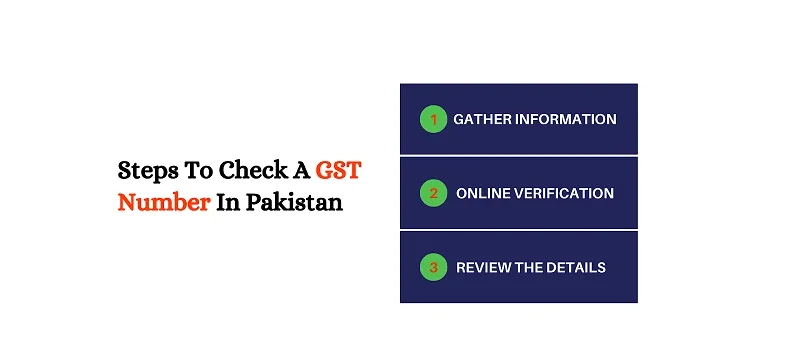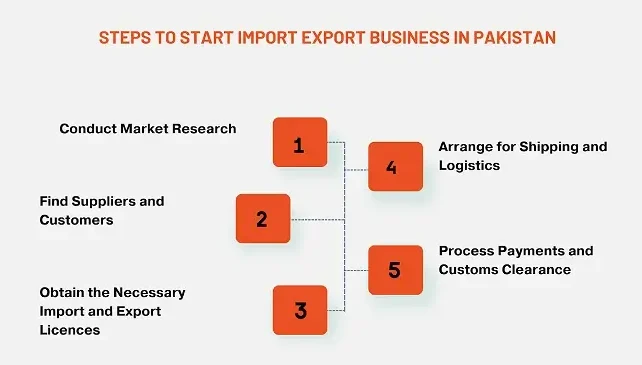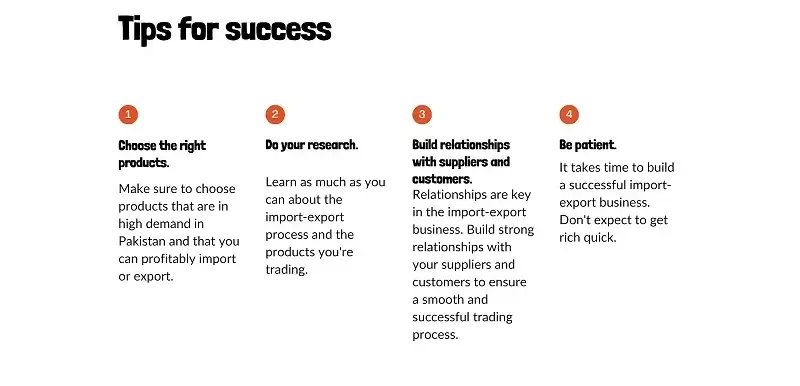How To Register GST In Pakistan ?

GST, which stands for Goods and Services Tax, is a comprehensive, multi-stage, destination-based tax levied on every value addition made along the supply chain. Registering your business for GST in Pakistan is a strategic decision that can greatly enhance its credibility and success. It goes beyond more compliance with regulations; it empowers your business, making it more transparent and trustworthy in the market.
At “Khan & Co”, we are fully equipped to guide you through the registration process and provide comprehensive insights into its advantages. By following our expert guidance, you will gain a clear understanding of each step involved while discovering how this process can significantly benefit your business’s growth. If you’re eager to elevate your enterprise to new heights, continue reading as we offer invaluable assistance every step of the way!
Understanding The Meaning Of GST & How Does It Works
The Goods and Services Tax (GST) in Pakistan has brought about a new way of taxing goods and services. This tax system, governed by the Sales Tax Act of 1990, applies to the sale and provision of various products and services. Unlike other forms of taxation, GST follows a destination-oriented approach where it is levied at the final point of consumption. Essentially, when you make a purchase, GST is included in the total cost for both goods and services. The rate imposed under this professional tax scheme varies depending on the particular characteristics of each product or service obtained.
Documents Required For Registration
| Documents Required for Registration | GST | Sales Tax |
|---|---|---|
| PAN and Aadhar card | Required | Not Required |
| Passport-size photographs of the business owners or partners | Required | Not Required |
| Valid phone number and email address of the primary business owner | Required | Not Required |
| Verified address proof of the business location | Required | Not Required |
| Bank account details | Required | Required |
| Bank Account Maintenance Certificate mentioning IBAN Number | Not Required | Required |
| GPS-tagged Photos of Business Premise | Not Required | Required |
| Electricity Bill of Business Premises | Not Required | Required |
Process Of Registration For GST(Goods & Services Tax)
Here is a step-by-step guide to help you register for GST in Pakistan:
- Visit the Federal Board of Revenue (FBR) website.
- Under the Services tab, click on Registration, then click on New Registration.
- In the I am a drop-down menu, select Taxpayer.
- Fill out the GST REG-01 form and enter details like the name of your business, state, email address, mobile number, and PAN card.
- Upload the required documents, including a certificate of bank account maintenance with an IBAN number, GPS-tagged photos of your business premise, and an electricity bill of your business premises.
- Submit your application by email on Form STR-1 or send it through courier service or post to the Central Registration Office (CRO). You can also send a hard copy of the application to the Local Registration Office (LRO).
- After proper inspection by LRO, your application will be forwarded to CRO.
- Once the verification process is completed, the GST registration certificate will be released by CRO.
- The GST registration certificate will have your GST registration number.
- You will receive an email from CRO that contains all the information about the GST registration certificate.
Please note that after receiving your registration number, you are required to visit NADRA within 30 days for biometric verification . If there is any default in biometric verification, your registration might get cancelled . Moreover, the name of the registered person will be withdrawn from the active taxpayers list of sales tax .
Who Need To Register
-
- Businesses with a Certain Turnover: Any business whose taxable turnover exceeds the prescribed threshold inside a 12-month period has to check in for GST. This consists of both the sale of products and offerings.
- Importers and Exporters: Businesses involved in importing or exporting items are required to sign in for GST, no matter if their trademark registration is valid.
- Service Providers: Providers of taxable services are required to sign in for GST. This consists of various service sectors including telecommunications, legal and economic services, and more.
- Manufacturers: If you’re producing goods which are subject to GST, registration is mandatory.
- Retailers and Wholesalers: Retailers and wholesalers dealing in taxable goods should register for GST.
- E-commerce Platforms: Online marketplaces and e-commerce systems facilitating the sale of taxable goods and services need to be registered for GST.
- Businesses Under Special Schemes: Certain special schemes may be in place, requiring businesses to register for GST irrespective of their turnover.
- Newly Established Businesses: If you have recently started a new business dealing in taxable goods or services, it’s important to assess whether you need to register for GST.
- Businesses Undergoing Changes: If your business undergoes significant changes, such as a merger or change in ownership, you may need to reassess your GST registration requirements.
- Voluntary Registration: Even if your business does not meet the mandatory requirements, you can choose to register for GST voluntarily. This can be beneficial for enhancing the credibility of your business.
- Inter-state Suppliers: Businesses supplying goods or services across state boundaries must register for GST, as inter-state trade requires compliance with GST regulations.
- Agents and Brokers: Agents, brokers, and intermediaries involved in the supply of taxable goods and services must register for GST.
- Casual Taxable Persons: Individuals or businesses that occasionally supply goods or services in a taxable territory, even if they do not have a fixed place of business, are required to register for GST.
- Non-resident Taxable Persons: Non-residents who deliver goods or offerings in Pakistan are required to check in for GST, even though they do not now have a permanent status.
How To Check GST Registration Status
Registered individuals and businesses can swiftly check their GST Registration Status using the convenient SMS service provided by the Federal Board of Revenue in Pakistan. Simply follow these easy steps:
- Compose a New Text Message: Grab your mobile phone and open the messaging app to create a new SMS.
- Type in the Specific Format: In the message body, type “ATL”, leave a space, and then enter your 7-digit National Tax Number (NTN).
- Send to 9966: Once you’ve entered the details, send the message to the number 9966.
- Wait for the Response: After sending the SMS, you will receive a reply providing the current status of your GST registration.
This method ensures that you can check your registration status quickly and efficiently, no matter where you are.
Further you can also check How to Download CPR from FBR
In addition to this SMS service, we at TaxConsultancy support are delighted to offer comprehensive support for GST registration. Our team, well-versed in the intricacies of tax and registration processes, is committed to ensuring a smooth and expedited experience for our clients. We provide detailed guidance on each step of the procedure, clarify the required documentation, and offer insights on how to avoid common mistakes.
Common Mistakes to Avoid
| Common Mistakes to Avoid | Avoiding Common Pitfalls in GST Registration | Ensuring Accuracy in Your GST Filings | How to Correct Errors in Your GST Registration |
|---|---|---|---|
| Providing Inaccurate Information | Not Reading Instructions Properly | Keep All Documents Handy | Contact FBR Immediately |
| Uploading Unclear Documents | Skipping Steps | Double Check Calculations | Use the Online Correction Facility |
| Ignoring Verification Emails/Messages | Not Verifying Email and Contact Details | Consult a Tax Professional if Needed | Gather Evidence |
| Forgetting to Save Your Application | Not Checking for Updates or Changes | Review Previous Filings | Follow Up with FBR |
Please ensure all your details are accurate and that you’re paying attention to the entire process to avoid any potential issues. Remember, taking the time to do things right in the first place can save you a lot of hassle down the road!
We’ve covered a lot in this guide, from understanding what GST is, to registering for it, and implementing it in your business. Remember, GST registration is crucial for compliance and smooth operation of your business in Pakistan. So, take the time to understand the process, prepare your documents, and follow our guide to ensure a hassle-free registration process.


